
Poor data quality is the biggest barrier to AI in insurance
Almost three-quarters of insurance underwriters say fragmented, siloed, and unstructured data -- not technology -- is the main barrier to AI transformation.
New research carried out by Reuters for technology transformation specialist CI&T shows that data fragmentation, unstructured formats, and siloed systems are the real roadblocks to delivering faster, more accurate underwriting and pricing.

Private bookmarking lands on Bluesky
Bluesky was one of the social media platforms that enjoyed a surge of interest as people voted with their feet against Elon Musk. Still somewhat in its infancy, Bluesky continues to evolve and is slowly adding features that are common on many of its rivals.
The latest addition is bookmarking, or Saved Posts, a simple way to save a post so you can easily return to it at a later time. Unlike liking a post, bookmarking or saving is not public, so no other user will be aware of what you would like to look at again.

Plex suffers data breach, warns customers to change passwords
History appears to be repeating. Plex has announced that it has suffered a security breach, exposing user data. The last time this happened was in 2022, and users are being advised to change passwords as soon as possible.
The company is referring to it as a “security incident that may potentially involve your Plex account information”. While Plex tries to downplay the severity of the breach, the fact that “an unauthorized third party accessed a limited subset of customer data from one of our databases” is concerning – especially when you consider that this is not the first time.
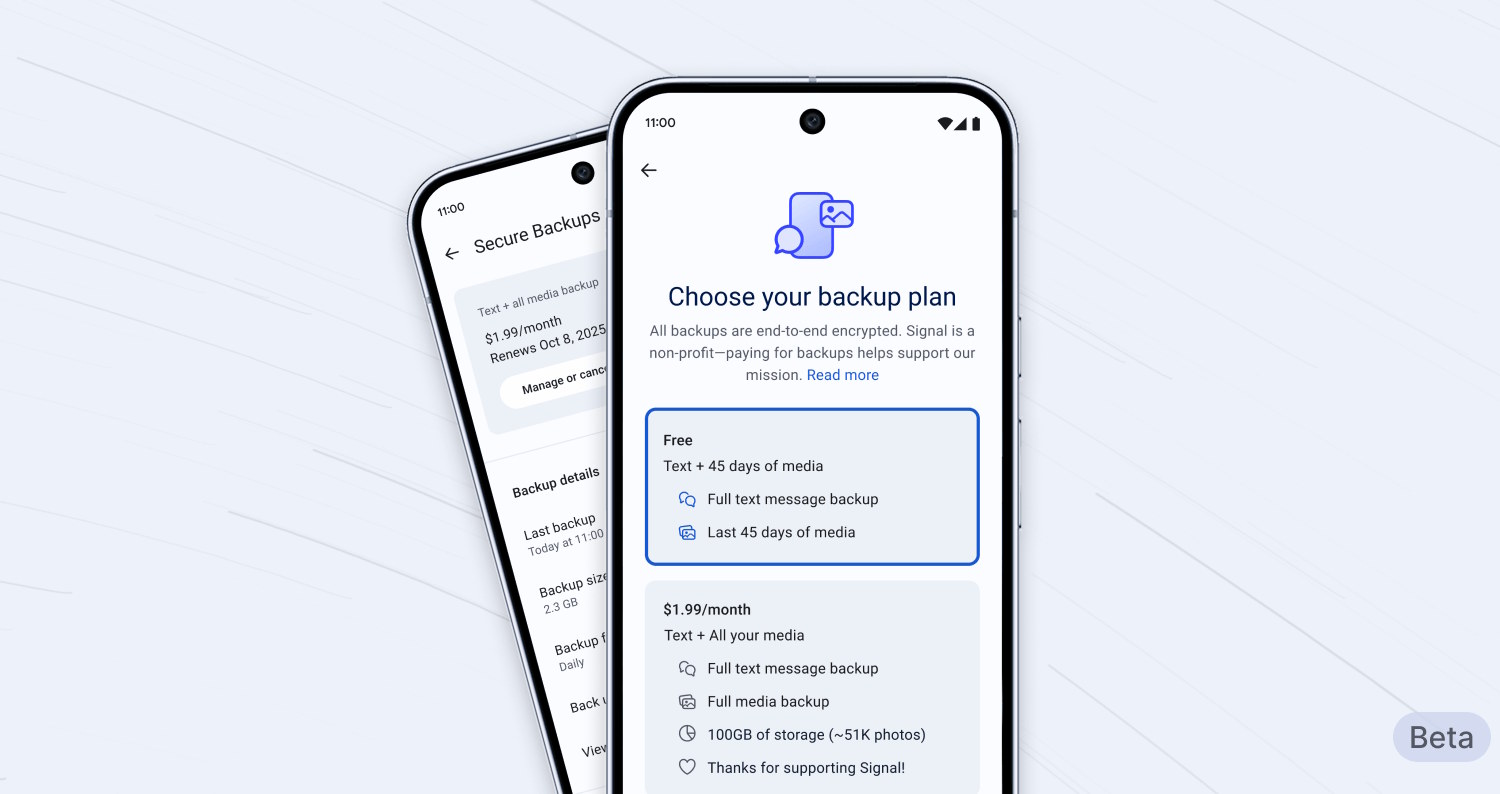
Secure messaging platform Signal introduces chat backup options
In an age where there is increased concern about privacy and security, people are embracing messaging platforms such as Signal. While Signal and other apps of its ilk mean enjoying a security boost, such apps are playing catch-up with mainstream messaging platforms in terms of other features and options.
Signal has just announced the availability of secure backups for chats, promising an easy way to restore your messaging history to a new device. This is something that Signal users have been begging for, and now it is here. As you might expect with a platform associated with security and privacy, backups are not a simple matter with Signal.
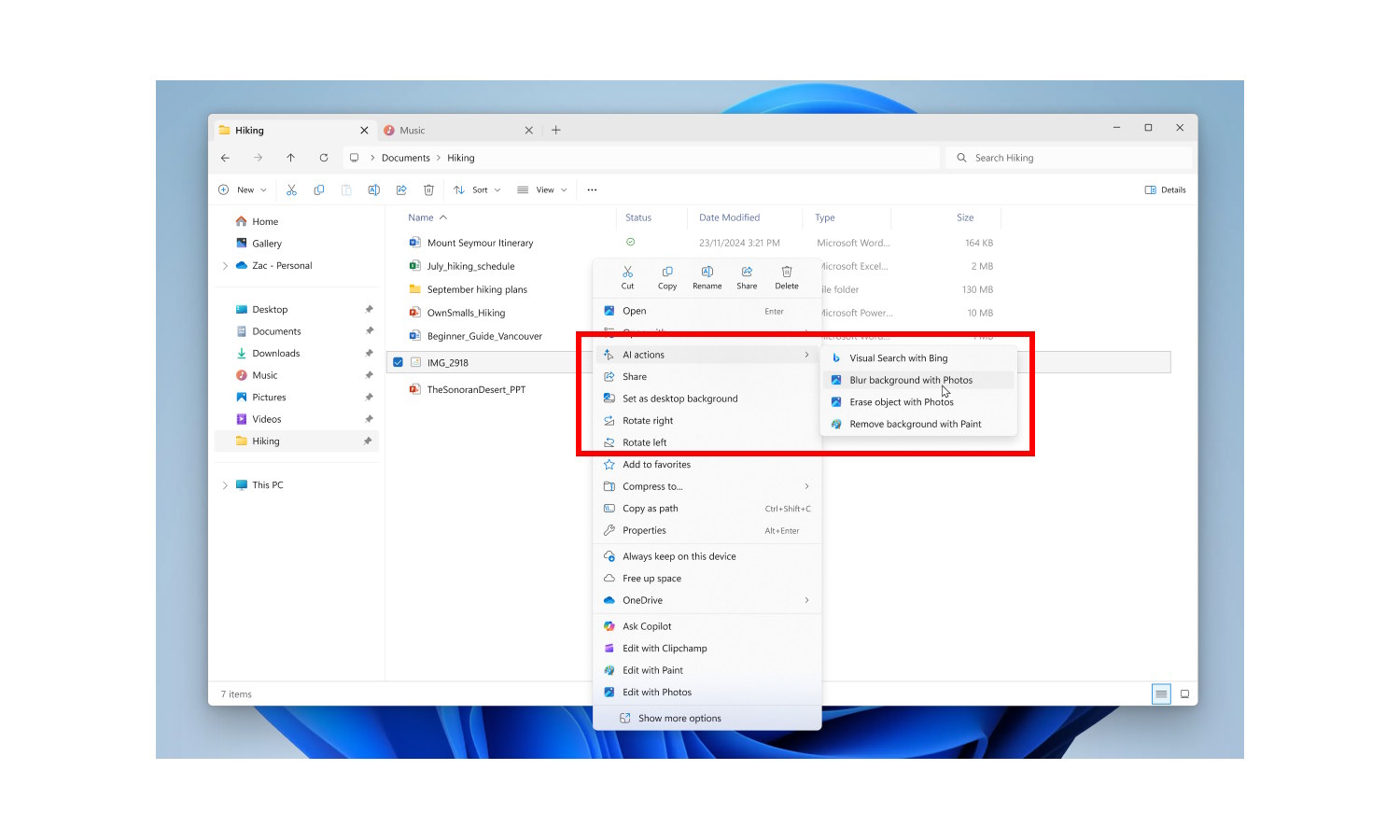
Latest Windows 11 build sees Microsoft adding AI to File Explorer and improving clock options
Microsoft has released a new Canary build of Windows 11, and among the additions is the arrival of AI actions in File Explorer. The company implores users to “leverage[e] the power of AI” to summarize documents and edit images directly from File Explorer new AI Actions context menu entry.
For Microsoft, this is the highlight of Windows 11 Insider Preview Build 27938, but there is much more to this release. There are, of course, lots of bug fixes but there are also new clock options including the ability to show seconds.
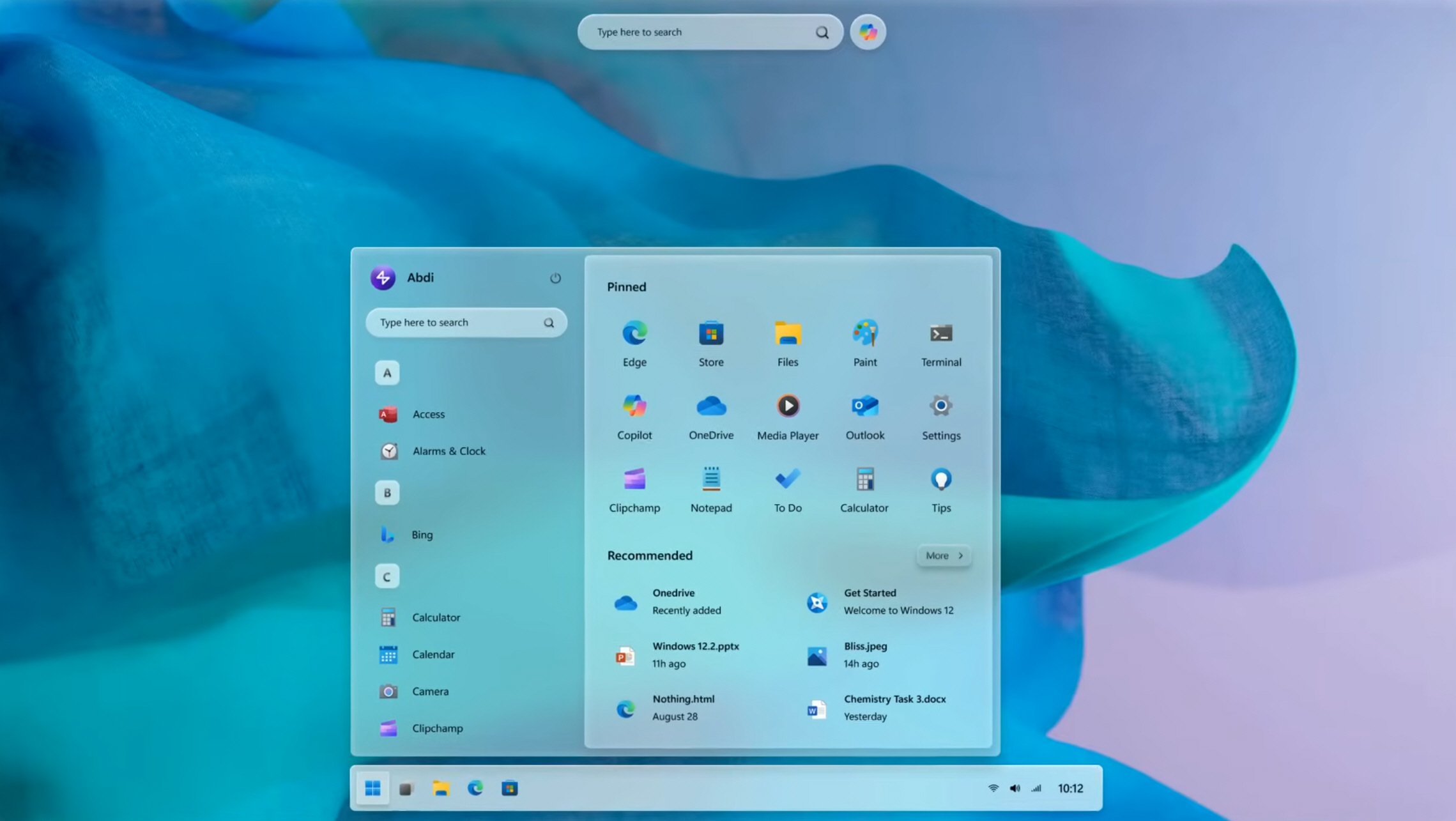
The brilliant Windows 12 is everything Windows 11 isn't -- and the Microsoft OS we deserve
Windows 10 is nearly at its end of life, and while Microsoft would love users to switch over to Windows 11, the truth is a lot of people aren’t keen. That's especially true for those with older hardware who are worried their systems either won’t run the latest OS at all or will struggle with reduced performance and compatibility issues.
It’s perhaps no surprise that the latest figures show Windows 11 actually losing market share.
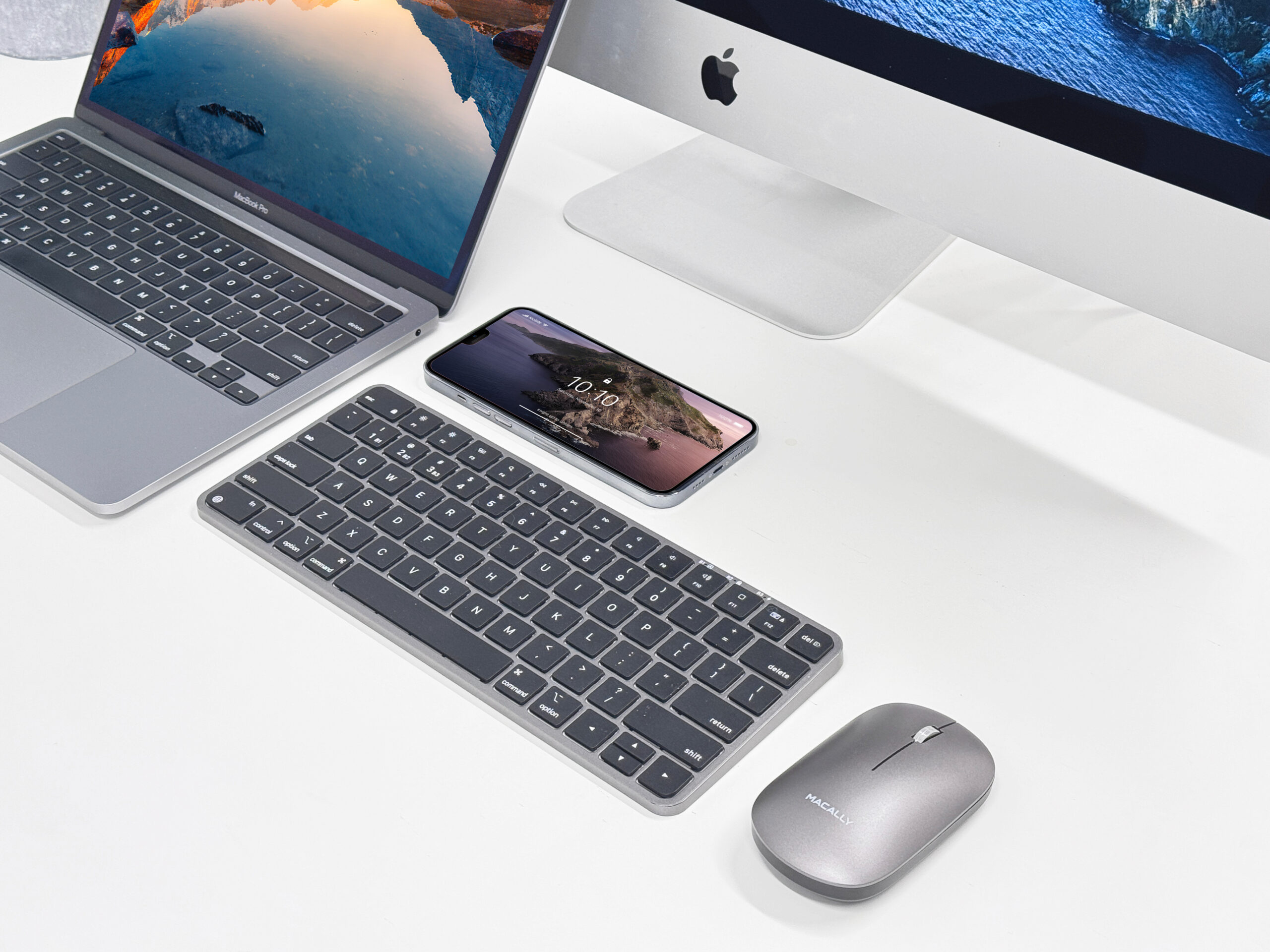
Macally launches dual-mode keyboard and mouse set for Apple devices
Macally has announced the release of its first dual-mode keyboard and mouse set designed for Apple devices. It allows users to switch between wired and wireless connections, offering flexibility across Macs, iPads, and iPhones.
The keyboard can connect over Bluetooth or through USB-A and USB-C. It also works independently in wired mode, giving users an option for a direct connection without relying on Bluetooth.
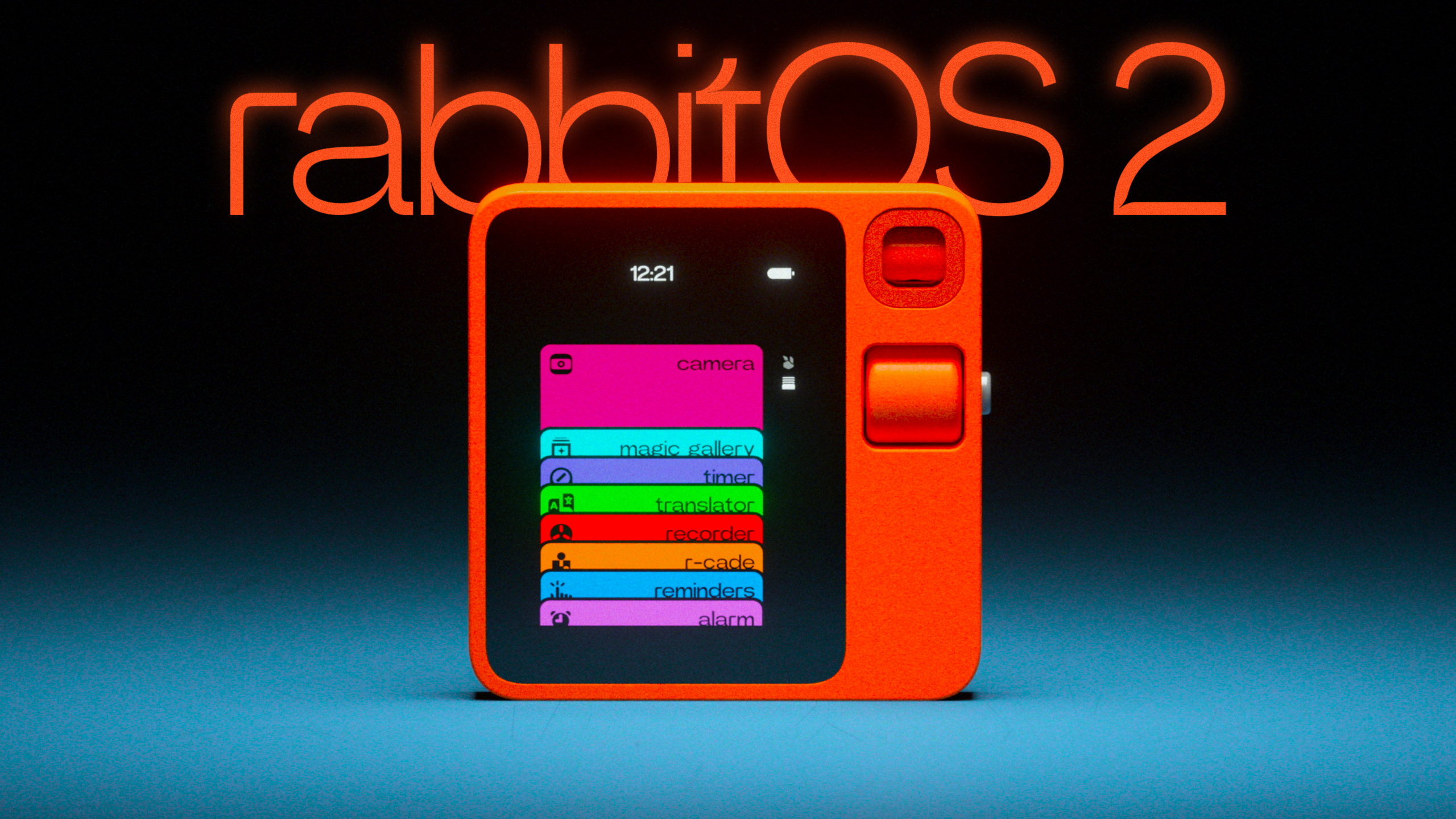
Rabbit updates its AI companion device with rabbitOS 2 and new card-based design
Rabbit has announced rabbitOS 2, a brand new operating system update for its r1 AI companion device, redesigning the interface and expanding its AI features.
The update, released today, brings a colorful card-based layout and a new system called creations that lets users build tools, games, and experiences directly on the device by talking to it.

Only 37 percent of recruiters prepared for AI’s impact on hiring
A new survey of 1,000 US HR and recruiting leaders shows teams are struggling to verify skills, assess culture fit, and find qualified candidates and that only 37 percent are prepared for an AI-driven future
The study from TestGorilla finds 58 percent struggle to verify skills on resumes, 47 percent find it difficult to identify candidates aligned with the company culture, and 43 percent cite a lack of skilled candidates in the market.

Google explains Gemini Apps limits and upgrades for Google AI subscribers
There is much to get frustrated about in relation to AI, not least of which is that there are so many AI tools to choose from. But there is also the fact that each AI app and service has its own limitations, and it can be difficult – or impossible – to know what these limits are until you hit them.
It has been this way with Google Gemini. Google has, until now, been a little fuzzy when it comes to telling users about limits. Being told that the company “may have to cap how much you can use some features” is not very helpful, certainly not very specific. But now Google has published much more detailed information to help users know where they stand.
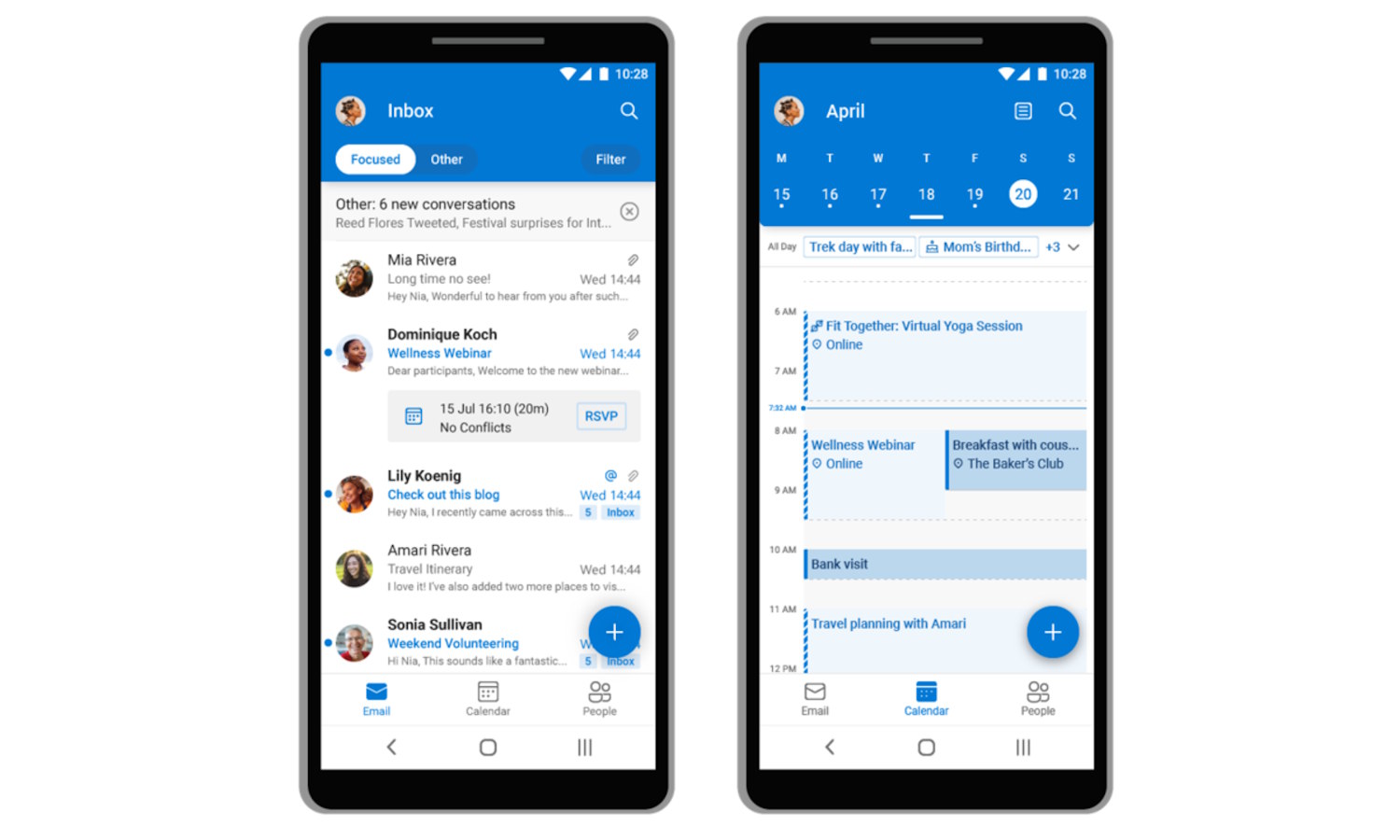
Microsoft to block Outlook Lite installation and will then retire the app forever
If you are a fan of Lite apps – those mobile apps that are light on data usage and small in size – prepare to mourn the loss of Outlook Lite. Microsoft has announced plans to kill off the lightweight email app, and will start by blocking new installations.
The company does not use the words “streamlining" or “money saving”, but says that the decision was taken so “we can focus our investments on the Outlook Mobile app, our flagship Android experience, which provides better functionality and user experience”.
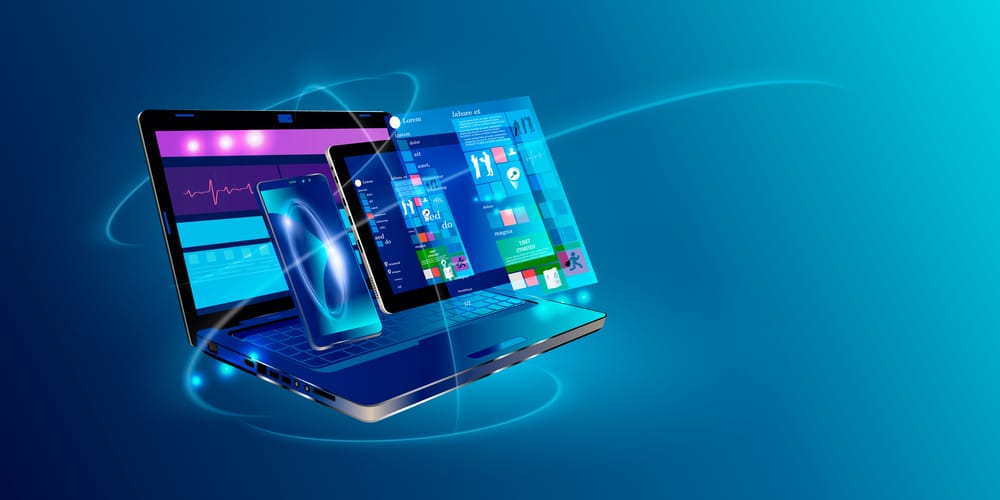
The challenge of syncing virtual economies across platforms [Q&A]
As people increasingly demand seamless experiences across platforms, developers face growing complexity in managing unified virtual economies.
In the games sector in particular companies need to leverage distributed architecture, virtual currencies, and real-time inventory reconciliation to ensure consistent user experiences and secure transaction flows.

Microsoft makes it easier for Windows 11 users to type em and en dashes with keyboard shortcuts
Depending on where you are typing, entering an em dash or an en dash can be simple, or a nightmare. In the latest Insider builds of Windows 11, however, it is getting a whole lot easier thanks to keyboard shortcuts being added.
Microsoft has quietly added a couple of new keyboard shortcuts that can be used to type these handy punctuation marks. For now, they are hidden away in the Dev and Beta builds; here is how to access them.
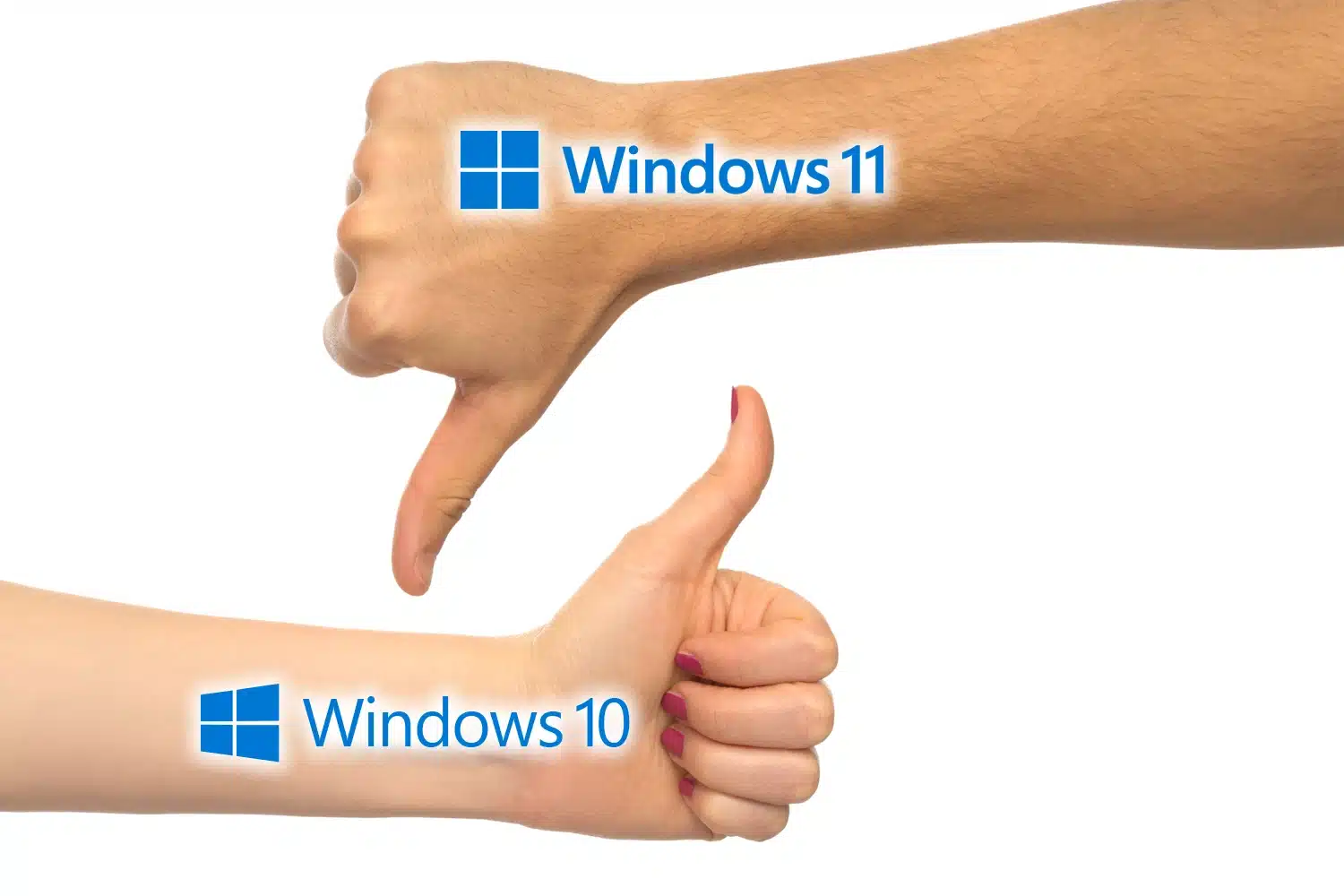
As Windows 10 reaches end of life, Windows 11 is LOSING market share
Next month sees Windows 10 finally reaching the end of (mainstream) support. Microsoft has been pushing people towards Windows 11 for what feels like forever, and it worked – for a while.
The latest market figures show that this is changing. The statistics for August 2025 from statcounter Global Stats show a marked drop in Windows 11’s share of the desktop market.

EU fines Google €2.95 billion over adtech abuses
The European Commission has fined Google €2.95 billion (about $3.19 billion) for abusing its dominance in online advertising technology. The penalty, announced on Friday, September 11, follows findings that the search giant favored its own services at the expense of rivals, advertisers, and publishers.
The Commission ordered the company to end the practices and submit a plan within 60 days to address conflicts of interest in the adtech supply chain.



